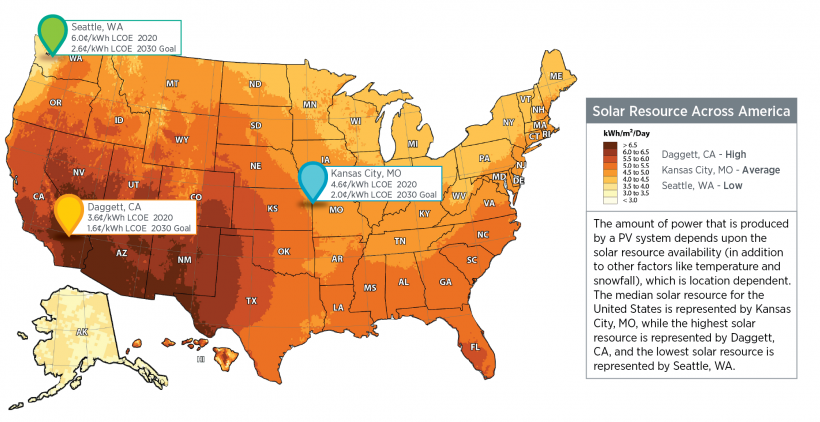
What excites me the most about iron flow batteries is just how cheap they can make 12 hour electricity storage.
At scale, they should achieve an LCOS (cost of storage) of around 2 cents / kwh. That's staggeringly cheap. 1/n
At scale, they should achieve an LCOS (cost of storage) of around 2 cents / kwh. That's staggeringly cheap. 1/n
https://twitter.com/ramez/status/1443626516508647438
For context, the cost of power from a gas or coal plant (in normal times) is around 5-6 cents / kwh. 2/n
As I've written extensively, we're in path to eventually have 1 cent solar, and perhaps 2 cent wind, across large swaths of the world. rameznaam.com/2020/05/14/sol… 3/n
If true, that means that the cost of solar or wind PLUS 12 hour electricity storage, could well be below the cost of coal or gas power. Possibly even below the fuel costs of already built coal and gas. 4/n
We might see this point where renewables + 12 hour storage are cheaper than fossil electricity as soon as 2030. Or it might take longer. Either way, it appears to be on the horizon. 5/n
To be clear, 12 hour storage doesn't solve all scenarios. We need to develop 100 hour and longer multi-day storage, or other firm clean resources. But 12 hours, at low cost, gets us a very powerful new tool in decarbonizing electricity. 6/n
And that's why I'm so excited about this massive, 2 gigawatt hour order of @ESS_info 's iron flow batteries by Softbank Energy. renewablesnow.com/news/battery-m…
• • •
Missing some Tweet in this thread? You can try to
force a refresh




